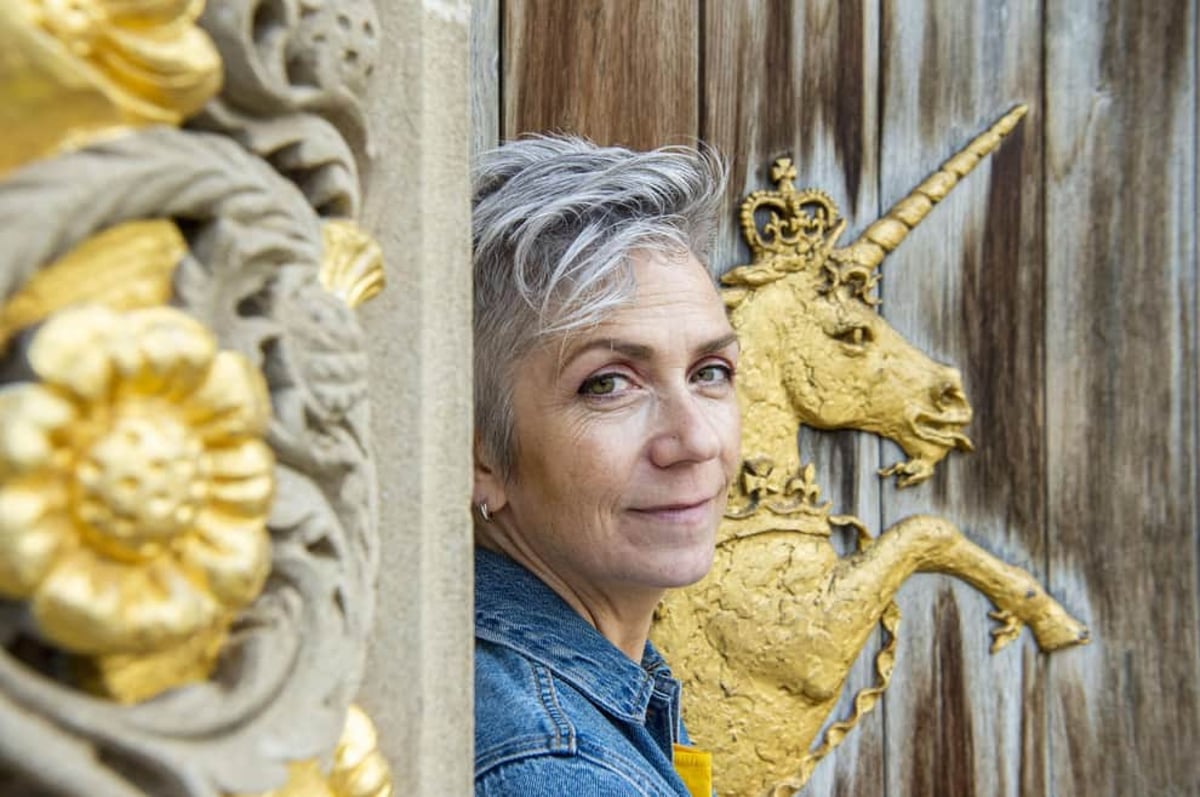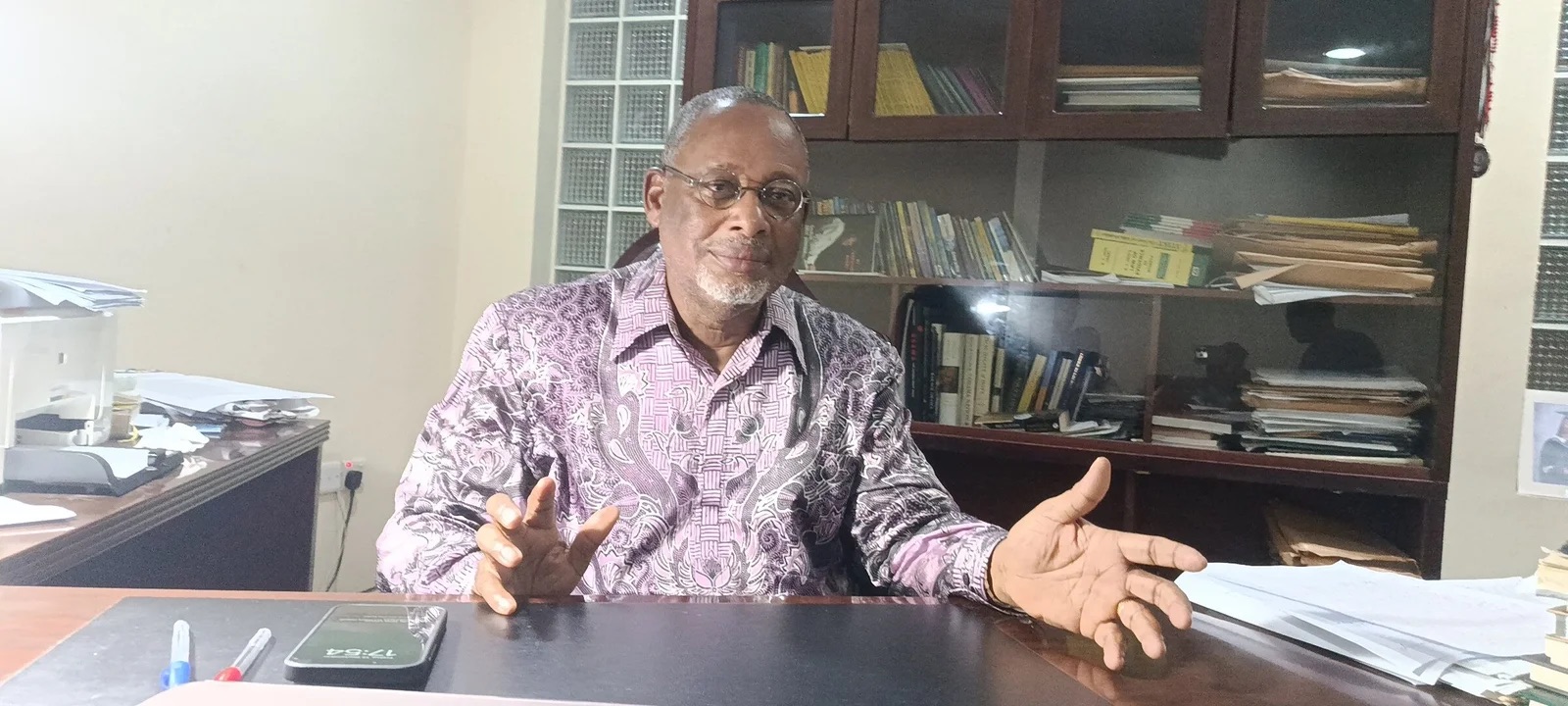Aye Write 2025: ‘It’s much more complicated to admit you’re wrong’, Glasgow’s Denise Mina on her latest novel
By Callum McCormack
Copyright glasgowworld

Her Garnethill trilogy, beginning in 1998, were bestsellers – cementing her place in Scottish literature. It would see her become a key figure in the Tartan Noir and described as royalty within the crime writing genre by her peers. Her latest novel, The Good Liar, is her 20th. It follows blood spatter expert Doctor Claudia O’Sheil and the moral dilemma she faces when it becomes apparent that the evidence and testimony that put a man behind bars was wrong. It explores themes around whether to do the right thing when you’re wrong. “It’s much more complicated to admit that you’re wrong,” Mina points out. “If she’s wrong, and she admits she’s wrong, she’s going to be making people redundant who work for her, they’ll lose their jobs. She won’t be able to pay her mortgage, she won’t be able to pay her kids’ school fees, her kids will be in disgrace.” “You realize that the waters are mined around you.” It is an interesting proposal in the age of social media and the post-COVID world when digging in and doubling down on your opinions and beliefs appears to be de rigueur. “I think people on social media like to be adamant. They like to write and, you know, that’s not the real world,” Mina says. “The real world is finding out new things and changing according to that. I mean, I know people who’ve had the vaccine and then got COVID and said, ‘well, the vaccine didn’t work.’ Actually the vaccine did work if you’re not dead. Viruses change. I just think we need to grow up a little bit.” Mina will appear at this year’s Aye Write festival discussing the book with Bryan Burnett. It will mark 20 years since appeared at the first event. However, with arts funding severely stretched it is a very different landscape to that of two decades ago. “There was a lot more money at the beginning, or there was any money. There was a lot more of a feeling in the city that writing was something that we did, and it wasn’t just a cottage industry that happened in the city, that storytelling was a fundamentally working class thing. And that it belonged to all of us, that seems to have changed,” Mina says. “I don’t really understand why that’s changed but we just don’t fund writers’ workshops. We don’t fund readings from people. We don’t fund people to come here. I mean, it wasn’t a lot of money, but there just doesn’t seem to be the kind of city wide support anymore.” Mina says, perhaps unfairly to herself, that she has realised how much luck and happenstance has played a role in her success. But she also acknowledges that festivals like Aye Write are invaluable. “The more I realise how incredibly lucky I’ve been, and also how well supported by festivals like Aye Write. And just getting your name out there and people knowing what you’re doing and people being interested,” She says. “And even people who are not traditional readers, because I do worry that we’re losing readers all the time to other stuff. And actually, there’s things that can be done in prose that you just can’t do in any other form.” Her childhood, described perhaps understatedly in her online biography as “peripatetic”, saw her travel the world. There were stints in Glasgow, Paris, London, Invergordon, Bergen and Perth. But it is Glasgow that she returned to in 1986, In the intervening years, her relationship with the city has changed – and becoming one of the city’s great cheerleaders, “I feel more tied here than I ever was”. “I mean, it really has deepened. Because the more I go to other places in the world, the more I come back and think it’s brilliant here,” she explains. “I found myself going off in a sort of Sergeant Major rant the other day about how Scotland’s the most beautiful country in the world.” Gone are the days of embarrassment from people who live in the city and ‘eye rolls’. “Glasgow’s jumping, even the food culture. I mean, I worked in The Ubiquitous Chip, which was the only restaurant in Glasgow, really, apart from the Rogano and and now, I mean, you could be out every night.” That stint in the Ubiquitous Chip allowed her to meet two of her great influences in Alasdair Gray and William McIlvanney. “Willie was a gentleman, he always gave you a tip. He always said one for yourself. He was self educated, very clever, not embarrassed about it, not from a fancy background. Writing belonged to people like us, and he wrote about somewhere very, very local,” Mina says. “And he was incredibly engaged with the area that he came from. He was just like, this is important, you know, Kilmarnock is important. Glasgow is important to me, and I’m going to write about it. “And Alasdair did the same. So there was that great sense of where you were mattered. You didn’t have to go to London.” James Kelman is also cited as an influence. And it is that authenticity that shines through from McIllvanney, Gray and Kelman as a leading light for Mina. “Those people felt like really authentic voices that were not just copying something else, or trying to be someone else’s voice, or recreate an experience they really enjoyed. They were speaking to their own,” she said. Mina has, throughout her novels has also followed suit and represented a Glasgow that is important to her. “Alasdair Gray said ‘people can’t imagine the place they live until they see it in art’. That’s really, really true. It just feels like a vacuum until it’s represented. And there are so many Glasgows,” she explains. “I wouldn’t have represented everybody’s Glasgow. I’ve represented my Glasgow, and that chimes with some people. But there are people writing crime novels now about tennis competitions and kids at Glasgow High. That’s also Glasgow.” You can catch Denise Mina in conversation at Aye Write on 15 November. Her latest novel The Good Liar was published by Vintage Publishing.



